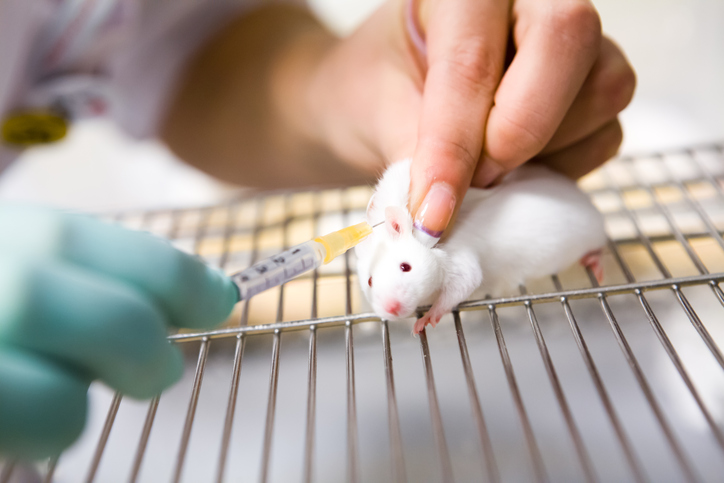It's not a matter of what is being experimented, but it's why researchers specifically chose rats and mice in labs over anything else.
Two UC Davis researchers were awarded a $2.3 million grant to study exercise change including various components like the molecular structures inside tissue, muscle and organs.
Funded by the National Institutes of Health, it's actually a part of a nationwide six-year study by researchers at more than 20 universities and health centers.
The researchers will be working with more than 1,500 rats over a six year period and they'll be putting them through the human equivalent of endurance exercise, such as treadmill running, according to the SacBee. After that, the rats will be euthanized so researchers can dissect and analyze them to understand the affects of how it changes their muscles and more.
Under the United States Department of Agriculture (USDA), the animals are protected via the Animal Welfare Act, which is the only federal law in the U.S. regulating the treatment of animals in research, exhibition, transport, and by dealers.
In most cases we tend to hear that rats are being substituted for human beings for these forms of research related to improving human ailments, but why are rodents experimented on to attempt finding a cure for something that is human?
"Researchers study rats and mice because they are very similar to people genetically," according to the Foundation for Biomedical Researh (FBR). "About 95 percent of all lab animals are rats and mice bred specifically for research."
Most of the mice and rats used in medical trials are inbred so they are almost identical genetically helping to make the results of medical trials more uniform. Another reason they're used as models in medical testing is that their genetic, biological and behavior characteristics closely resemble those of humans.
Many symptoms of human conditions can be replicated through rats and mice.
The main problem is that other people against animal testing believe there should be another alternative, but at this moment that's not the case for effective research.
Also, as of right now the FBR states that there is no comprehensive substitute for animal testing and research.
Though computer models, cell cultures as well as other research methods does reduce the number of animals used, there is no way to completely replace animal testing because the pathway to fully duplicating a whole living system does not yet exist - cell cultures and computers are limited in what they can model.


